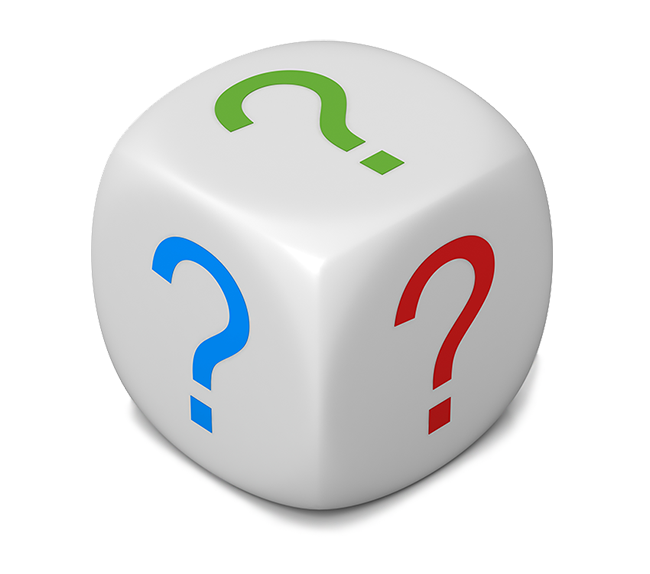Before You Play
Did you know that any activity that has a cost to play and a chance to win a prize is gambling? This includes things like VLTs and slot machines, poker and even bingos, 50/50s and raffle draws at socials.
If you have to pay for a chance to win a prize, it is gambling.
While it’s legal for adults to participate in licensed gambling activities, there is a risk of negative consequences occurring. There are ways though that you can reduce your risk.
Think ahead, plan your gambling and understand there are risks that will always be a part of it.
A simple and basic strategy to remember is:
Not too much, not too often, not too many.
These guidelines were developed for people who want to make informed choices about gambling. They are helpful to most people but they don’t apply to everyone. If you experience problems from alcohol, cannabis or other drugs, anxiety, depression or have a personal or family history of problems with gambling, you should consider gambling less than these guidelines recommend or not at all.
Not too much.
Gamble no more than 1% of household income before tax per month.
| Yearly household income before tax | Maximum monthly amount for gambling |
|---|---|
| $10,000 | $8 |
| $30,000 | $25 |
| $50,000 | $42 |
| $70,000 | $58 |
| $90,000 | $75 |
| $110,000 | $92 |
| $130,000 | $108 |
| $150,000 | $125 |

Not too often.
Gamble no more than 4 days per month.
Not too many.
Avoid regularly gambling at more than
2 types of games.
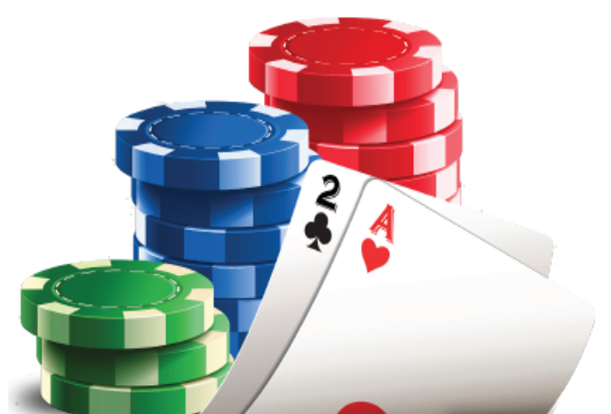
Types of gambling include games like these:
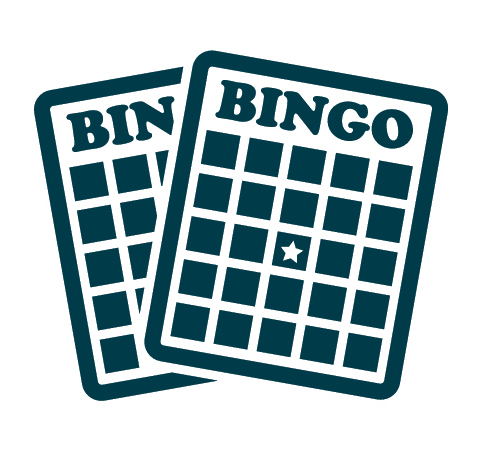
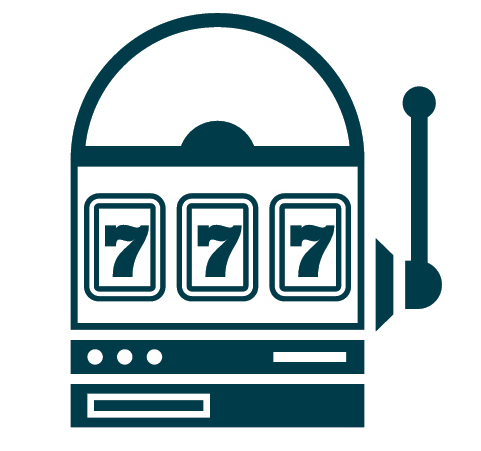
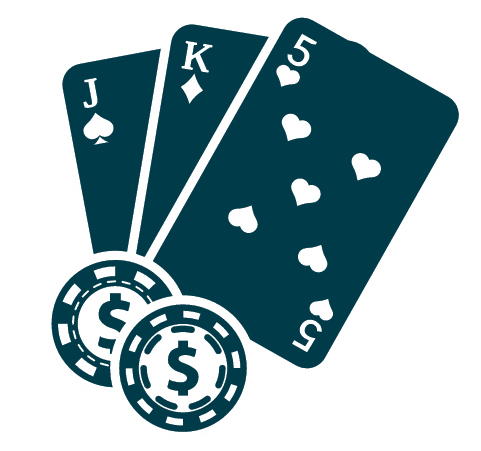
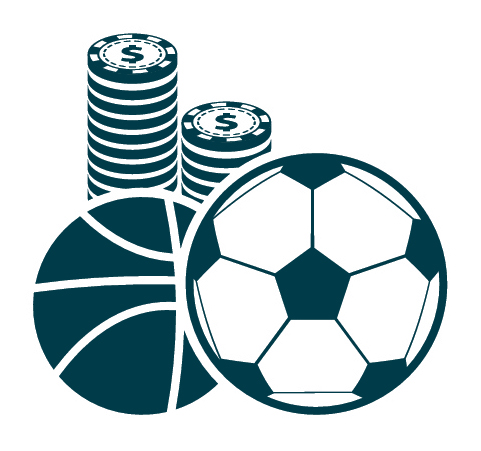
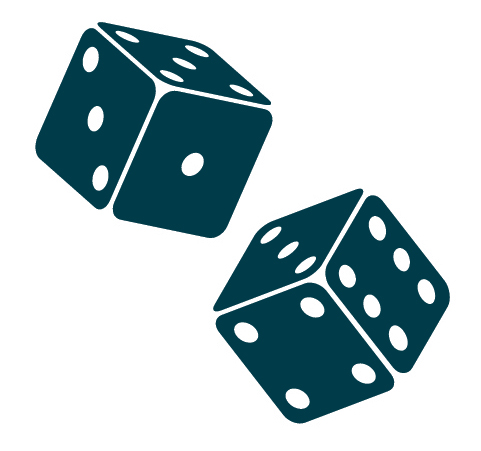
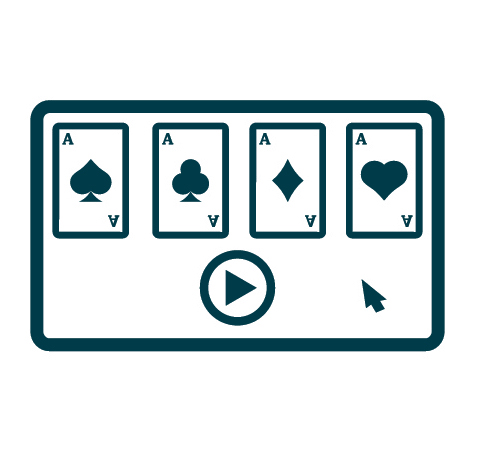
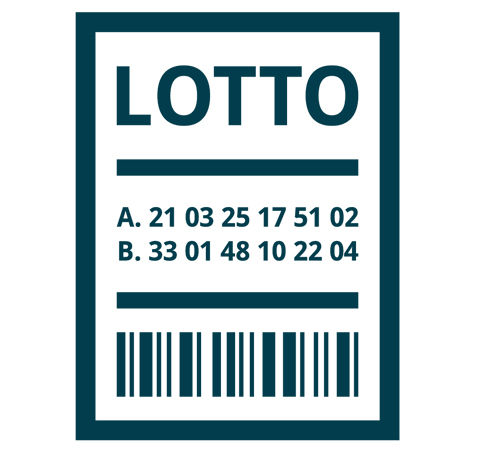
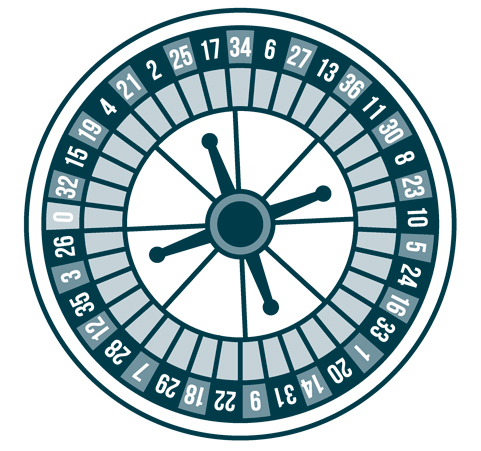

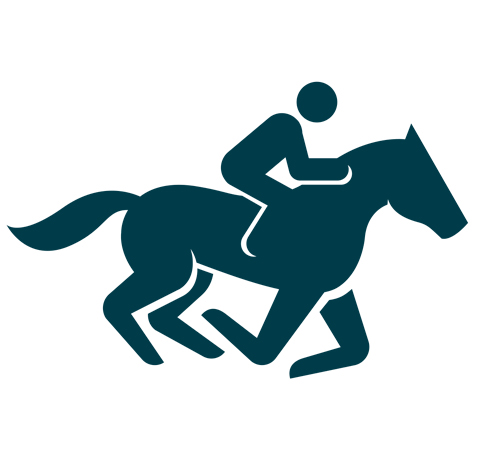
What you play matters.
Did you know that fast-paced games that involve quick and repeated betting can more quickly and easily lead to problems with gambling? The fast pace of many forms of online gambling, slot machines electronic gaming machines and poker set the atmosphere for spending large amounts of money in a short time.Whether online or not, set limits on your gambling.
Gambling online, at a casino or a game of poker for money with friends, are all still gambling. Thinking about them in this way will help you reduce your risk of negative consequences.

What actually is gambling?
Any activity that has a cost to play, a prize and the winner of that prize is randomly determined.It doesn’t matter how much or little the cost to play is or how big the prize is, if you have to pay for a chance to win, it’s gambling.

